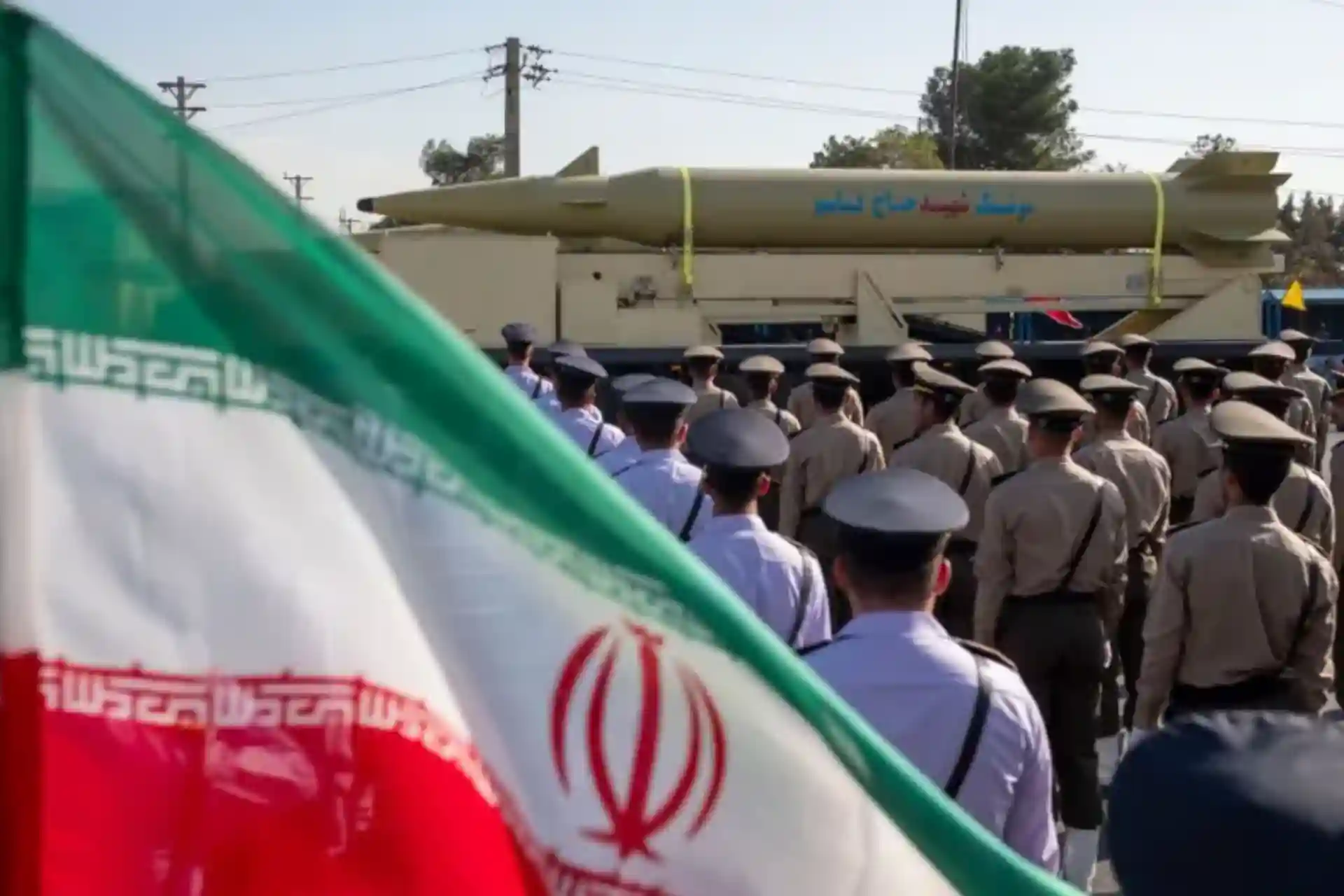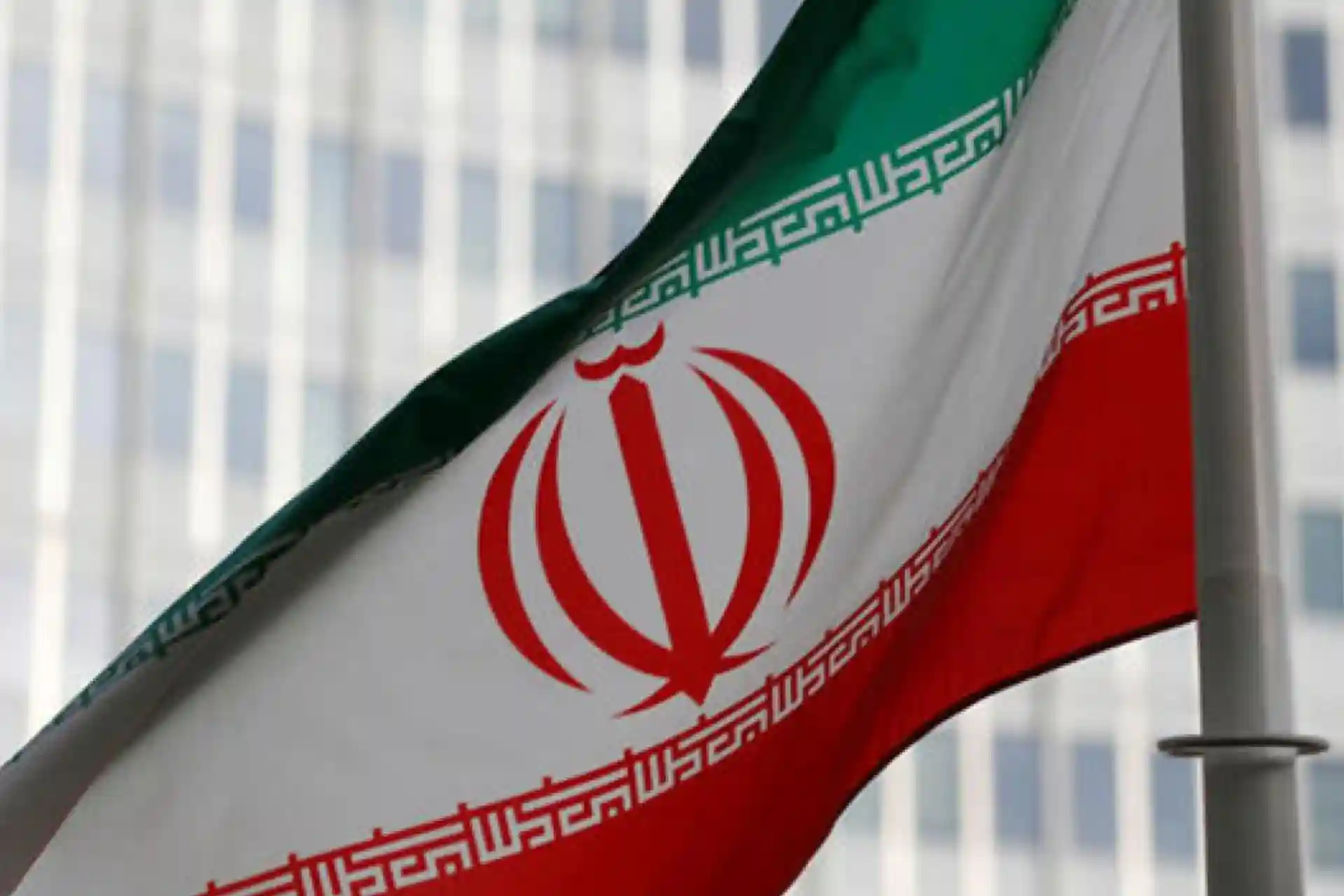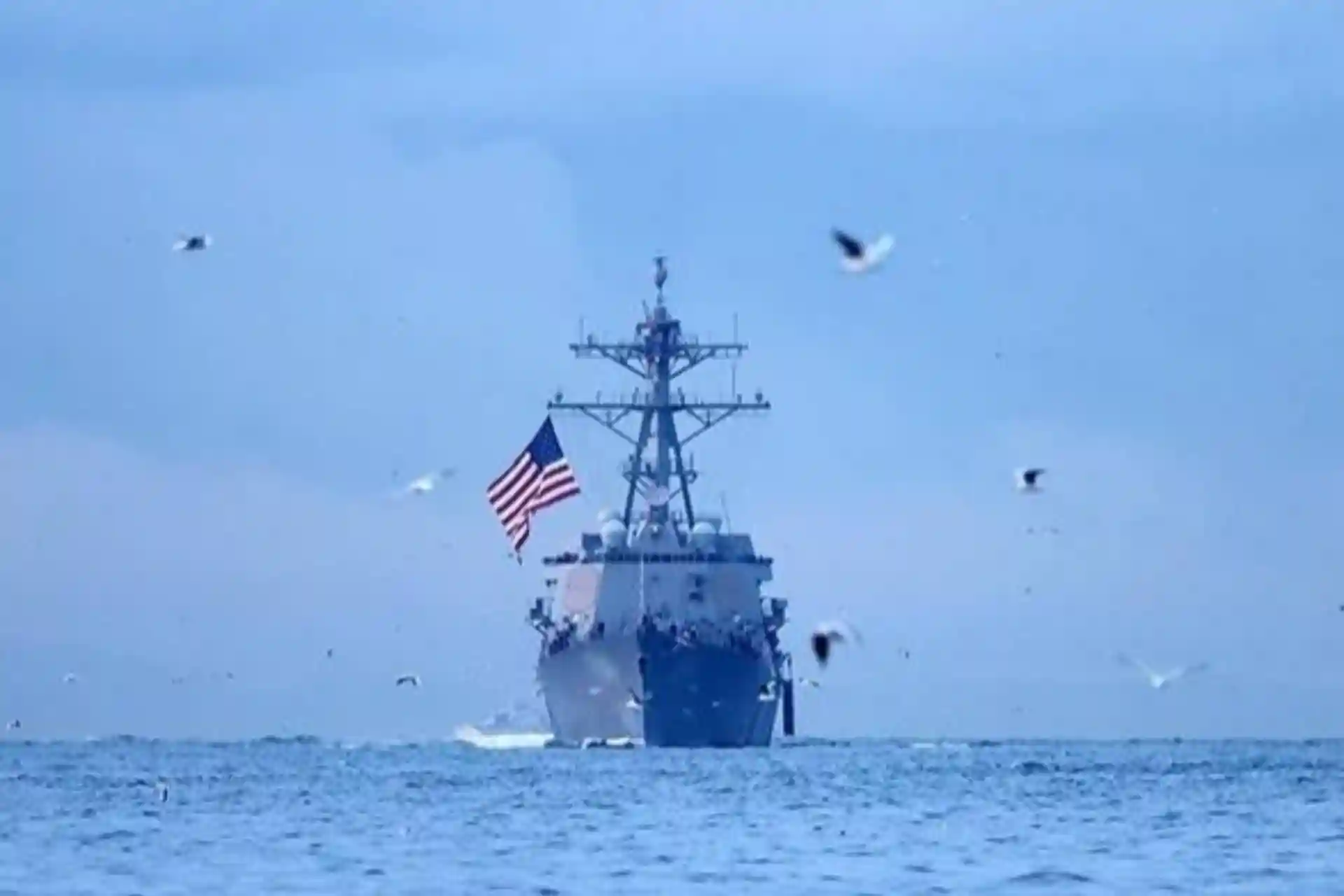Iran has signaled that it may refrain from using force against Israel
After the assassination of Hamas leader Ismail Haniyeh in Tehran and the assassination of many high-ranking Hezbollah commanders in Lebanon, Iran has recently softened the tone of its statements. indicated that it may not be used.
In the past week, Hezbollah in Lebanon has suffered a series of unprecedented attacks, which some say have caused the group's deepest crisis in four decades.
First, communication devices - pagers and walkie-talkies - started exploding among group members across the country, killing dozens and injuring hundreds. This was followed by Israeli airstrikes on Hezbollah targets, killing high-ranking commanders. In other words, the group is experiencing its worst bloodshed since the 2006 war with Israel.
Hezbollah is the largest militant group in the so-called Axis of Resistance, a coalition of regional armed groups hostile to Israel. It is often called "the most powerful non-state army in the world." It has enjoyed the full and unwavering support of Iran since the beginning of its existence.
Many expected that the unprecedented Israeli strikes, which seriously damaged the Hezbollah structure, would provoke a more decisive response from Iran. However, such a reaction has not yet been observed.
Despite Iran's long-standing claim that Hezbollah is its "red line" and Hezbollah leader Hassan Nasrallah saying that Israel has "crossed all red lines," Iran has so far shown no signs of restraint or an aggressive response.
Even Iran's usually fiery rhetoric about retaliating against Israel has been noticeably muted this time around.
What are Iranian officials saying?
The opinion about Iran's position can be learned from the recent comments of the country's president, Masoud Pezeshkian, who participated in the UN General Assembly in New York.
According to an audio recording of a meeting with American journalists, Pezeshkian made an unusual statement, saying that Iran might refrain from using military force if Israel did the same.
This is in stark contrast to Iran's stance less than two months ago, when it vowed a tough response to Israel following the assassination of Hamas leader Ismail Haniyeh in Tehran.
The shift to a more conciliatory tone was so noticeable in New York that Iranian Foreign Minister Abbas Aragchi was quick to vehemently deny reports that Iran was ready to de-escalate with Israel.
Mohammad Javad Zarif, Iran's former foreign minister and now the country's vice president, supported Pezeshkian on social media, pointing out that the president actually condemned "Israeli crimes" and portrayed Iran as a champion of peace in the region and a supporter of nuclear disarmament.
Zarif accused Israel of promoting a "dangerous and false narrative" about Iran's intentions, insisting that Iran does not intend to go to war, contrary to Israel's claims.
Pezeshkian himself told American journalists that "we don't want war," accusing Israel of setting a trap to drag Iran into a conflict that he believes will have no winners.



